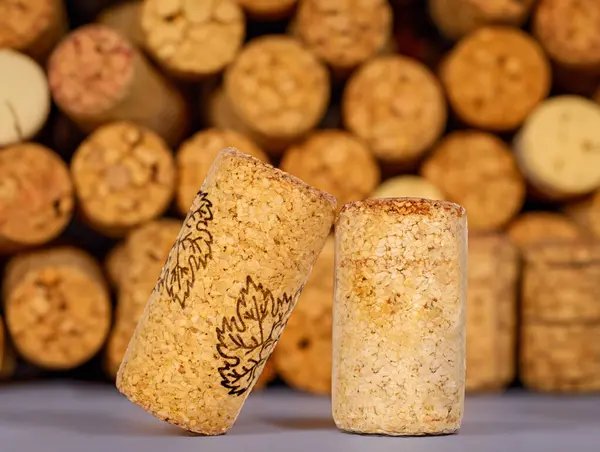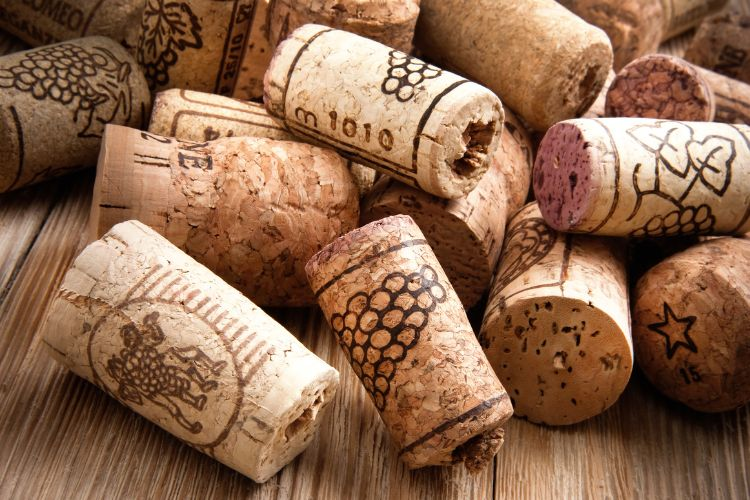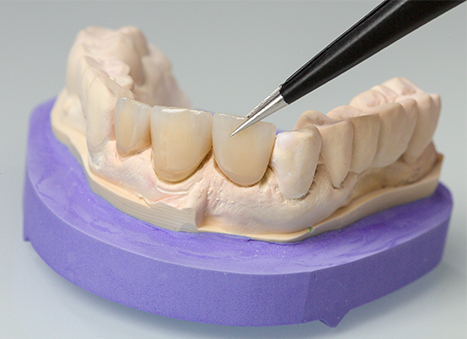Portugal is the world leader in cork production, a natural, renewable, and versatile material that has been an essential part of the country’s culture and economy for centuries. Extracted from the cork oak, a tree native to the Mediterranean region, Portuguese cork is renowned for its superior quality and numerous applications, ranging from wine stoppers to decorative tile design.
Cork is one of Portugal’s most iconic and valuable natural resources. This sustainable, lightweight, and versatile material plays a fundamental role in the country’s economy, environment, and culture. As the world’s largest cork producer, Portugal has a long history of exploration and innovation in this sector.

Cork is harvested from the cork oak, a tree native to the Mediterranean climate that thrives in poor soils and dry conditions. Portugal has the ideal conditions for cork oak growth, particularly in the Alentejo region.
Some interesting facts about cork oaks: they are long-lived trees that can live up to 200 years. The first cork extraction occurs when the tree is 25 years old and is repeated every 9 years without harming the tree. It is also the only tree whose bark fully regenerates, making it one of the most sustainable resources on the planet.
Portugal is the world's leading cork producer, accounting for around 50% of global cork production, and a significant portion of the world's cork oak forests are located in the country.
Cork is used for a variety of applications, with wine stoppers being its primary use. It is also used in construction materials, acoustic insulation, fashion, design, aeronautics, and even the space industry.
Cork is an exemplary material in terms of sustainability and environmental conservation. Cork oak forests provide several benefits: they store carbon (helping mitigate climate change by capturing around 14 million tons of CO₂ per year), they protect biodiversity (these forests are rich habitats for various plant and animal species, some of which are endangered), and they prevent desertification (cork oaks play a crucial role in soil preservation and erosion prevention in arid areas).
Click on the link below to find out more!

